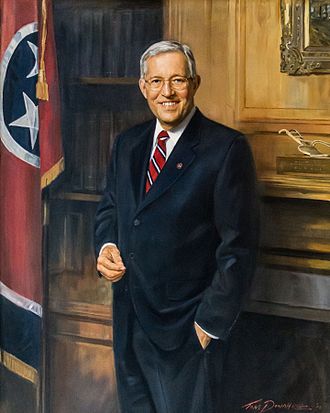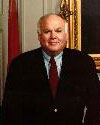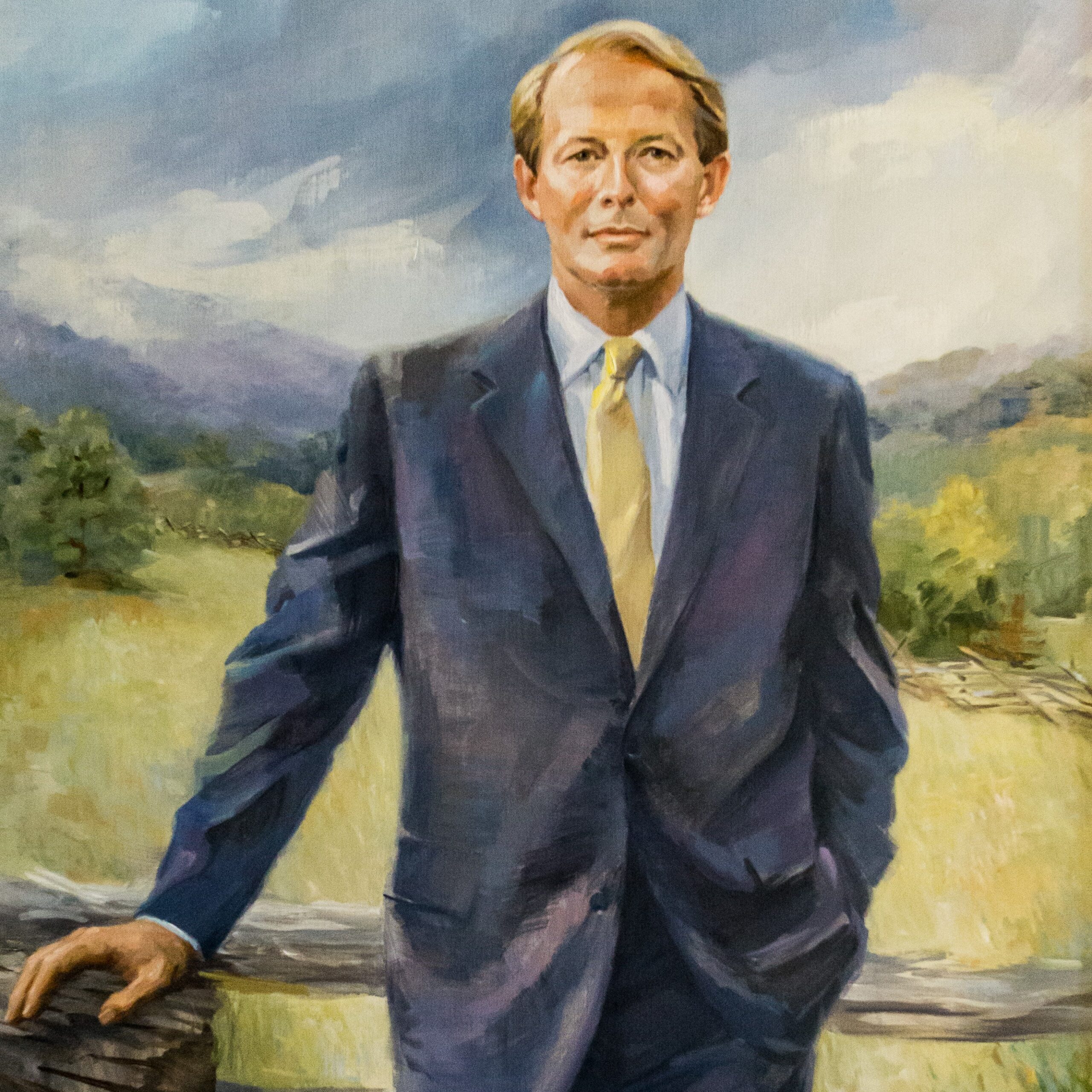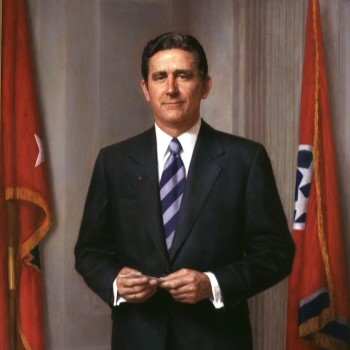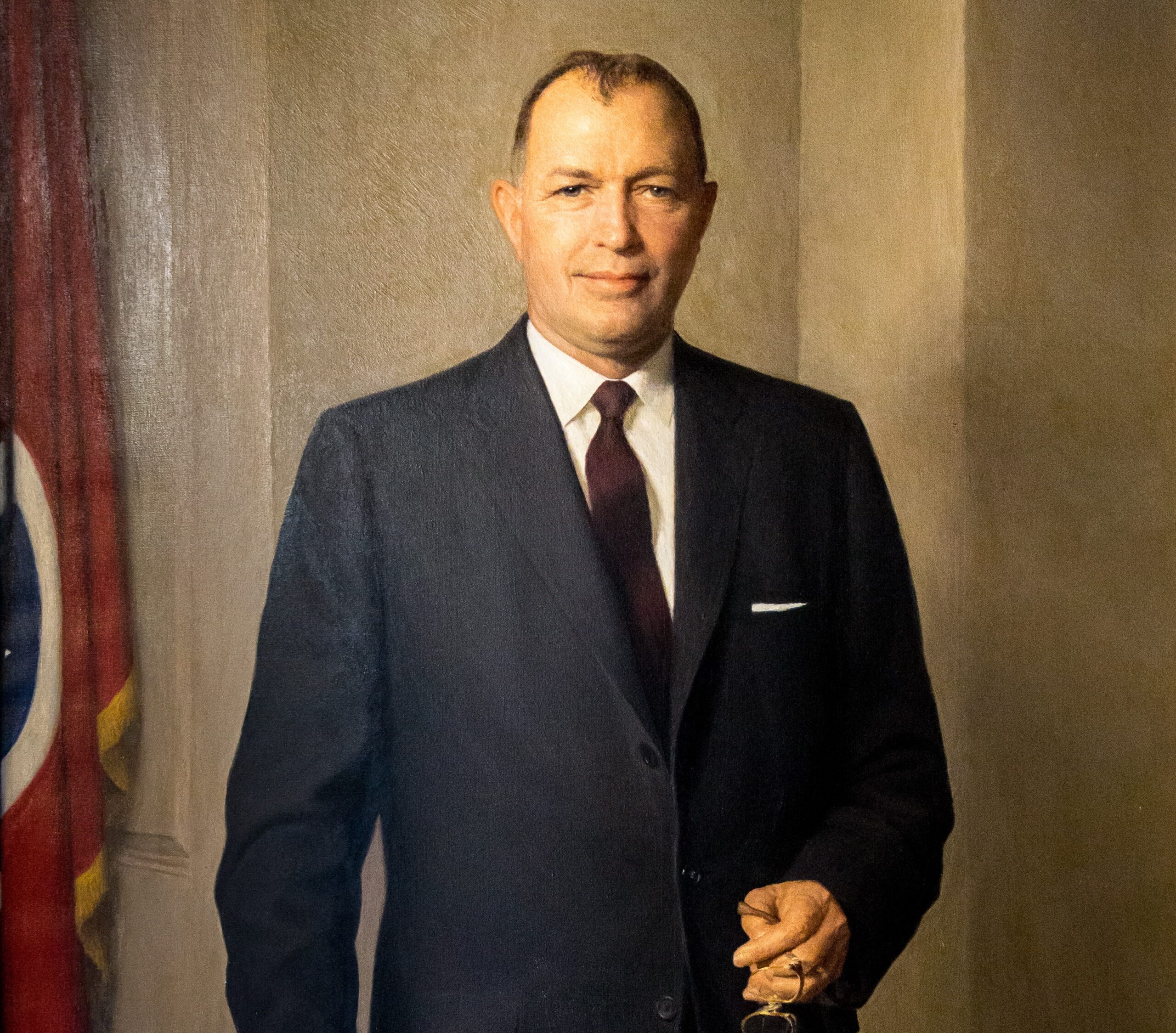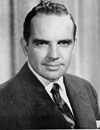This website uses cookies so that we can provide you with the best user experience possible. Cookie information is stored in your browser and performs functions such as recognizing you when you return to our website and helping our team to understand which sections of the website you find most interesting and useful. Please see our privacy policy for more information.
Tennessee
Gov. Ben Walter Hooper
- January 26, 1911 - January 14, 1915
- Republican
- October 13, 1870
- April 18, 1957
- Tennessee
- Carson-Newman College
- Married Anna Belle Jones; six children
- National Guard
About
Born on Big Pigeon River in Cocke County, Tennessee, BEN WALTER HOOPER was in his mother’s custody during his earliest years and at the age of eight was placed in St. John’s Orphanage. One year later his father took him from the orphanage and raised him at his home in Newport. The young Hooper went on to graduate from Carson-Newman College in 1890, and after studying law was admitted to the Bar in 1894. While studying law, he was elected to the Tennessee House of Representatives in 1893, where he served for five years. He also began the practice of law and engaged in the real estate business in Newport. During the Spanish-American War he was a Captain in the 6th U.S. Volunteer Infantry. He also served as Assistant Attorney General for the Eastern Division of Tennessee from 1906 until 1910, when he was tapped by the Republican Party to run for governor at a time when the Democratic Party was split. Independent Democrats then joined Republicans in a “Fusion Coalition” to support Hooper, who won the gubernatorial race handily. During his gubernatorial terms, Hooper was instrumental in establishing Tennessee’s Banking Department, Auditing Department, Department of Shop and Factory Inspection, and Insurance Department. Also during his administration, legislation was enacted to establish compulsory school attendance, increase public school funding, regulate child labor in factories and mines, provide for military widows’ pensions, establish parole and indeterminate sentencing, require deposit of state funds on interest, ensure mine safety, and regulate public utilities. In ill health, Hooper did not want to run for a third term but yielded to pressure from the Fusionist coalition to seek reelection. The Fusionists were weakening, however, and Democratic voters returned to their own party, resulting in Democrats retaking the governor’s office. Hooper went on to make two unsuccessful bids for a U.S. Senate seat in 1916 and 1934, and in 1920 he became Judge of the 13th Chancery Division, but resigned to accept President Warren Harding’s appointment to the U.S. Railroad Labor Board, which he chaired from 1922 to 1925. He was later appointed by Governor Austin Peay as commissioner on a board responsible for acquiring and developing the Great Smoky Mountains Park. In 1932 he became a director and associate editor of the Knoxville Times, for which he wrote a daily column. His public service came to an end in 1953, when he served as Vice President of the Tennessee Constitutional Convention. Hooper died and was buried in Newport. His autobiography, The Unwanted Boy, was published posthumously in 1963.
Source
Ash, Stephen V., Messages of the Governors of Tennessee, 1907-1921, Volume 9, Nashville: Tennessee Historical Society, 1990.
Carroll, Van West, Ed., Tennessee Encyclopedia of History and Culture, Nashville: Tennessee Historical Society, 1998.
The National Cyclopaedia of American Biography, Vol. 48. New York: James T. White & Company.
Philips, Margaret I. The Governors of Tennessee. Gretna, LA: Pelican Publishing Company, 2001.
Sobel, Robert, and John Raimo, eds. Biographical Directory of the Governors of the United States, 1789-1978, Vol. 4. Westport, CT: Meckler Books, 1978. 4 vols.
The Tennessean, April 19, 1957.
White, Robert H. Messages of the Governors of Tennessee, 1907-1921. Nashville: The Tennessee Historical Commission, Vol. 9, 1952.




